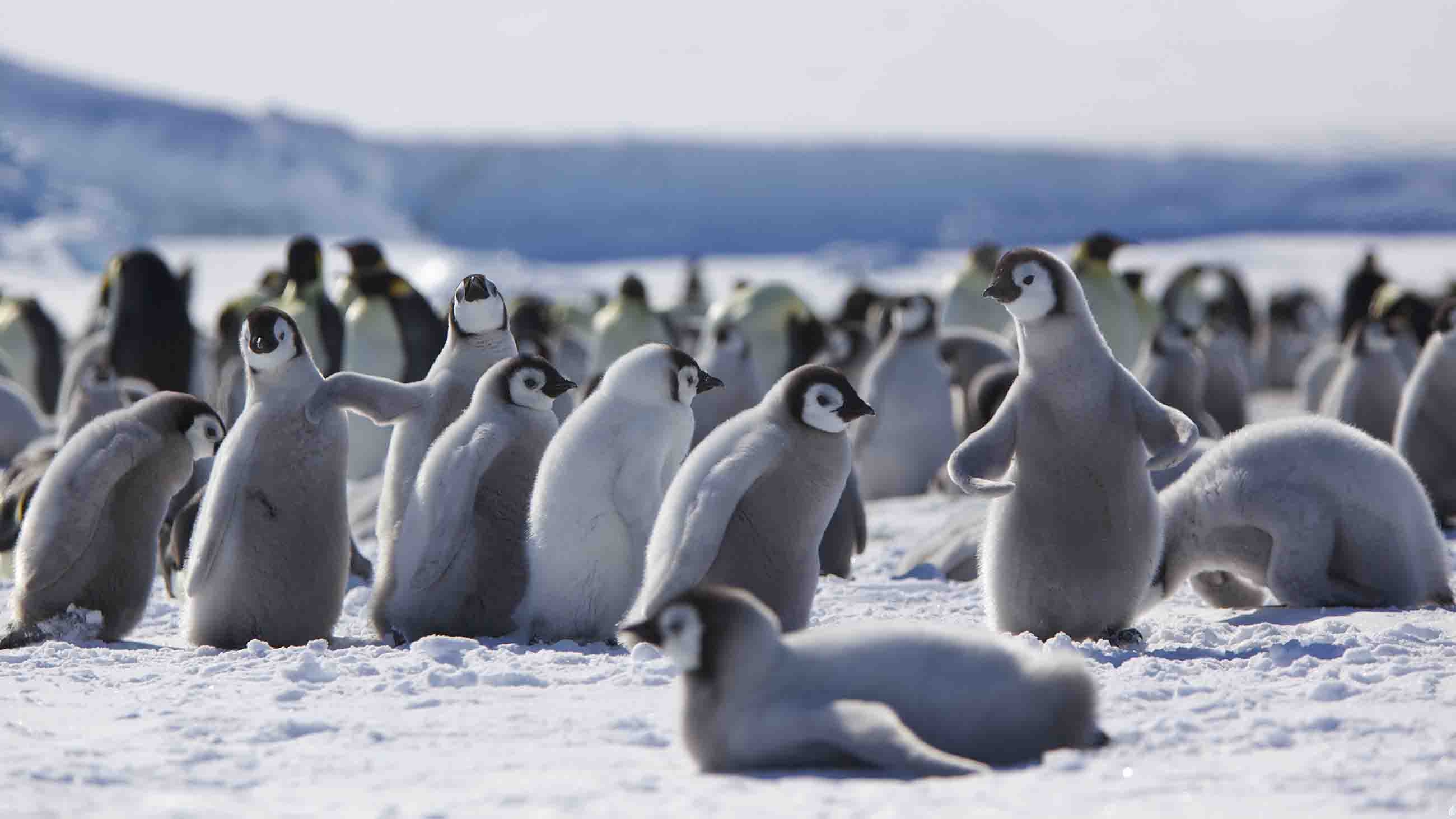Abstracts: Vaccines, Penguins, Pregnancies, and More
• The Senate’s proposed health care bill would get rid of funding established by the Affordable Care Act that currently helps Americans cover the costs of vaccines. If the bill passes as it now stands, states will not have to demand insurance companies cover every type of preventive care, which includes vaccines. (Scientific American)

• Threatened by climate change, emperor penguins might not make it to the end of the century, according to a new study in the journal Biological Conservation. The study found that while the Antarctic penguin population will remain stable for the next few decades, major population declines will begin around 2050. (Science)
• Four aspiring astronauts in China are experiencing life on a self sustaining space station by moving into bunkers for 200 days as part of a scientific experiment. The experimental “space station” is equipped with plants that provide oxygen, animals, and organisms that break down waste, and all materials in the station are recycled. The experiment also aims to study the emotional and psychological impacts of living in a confined space station on another planet. (Reuters)
• Women who endure high-risk pregnancies also face greater risks of heart disease later in life, new research suggests. But most doctors and mothers aren’t aware of the correlation. (NPR)
• The leaders of the Laser Interferometer Gravitational-Wave Observatory (LIGO) in Louisiana believed they had finally discovered gravitational waves — which are notoriously difficult to detect — last February. But now, a group of independent physicists are questioning this finding by bringing attention to unusual correlations in the LIGO data. (Wired)
• Electric vehicles might become cost competitive with their gas-guzzling counterparts by 2025 or 2030, predicts a new report from Bloomberg New Energy Finance. Cheaper batteries and policies that promote low-carbon cars in China and Europe will be primarily responsible for the declining cost of electric cars. (New York Times)
• Lion poaching continues in Hwange National Park in Zimbabwe — the site of the controversial killing of Cecil the Lion two years ago — that is home to about 400 lions. Shooting confrontations between illegal poachers and conservationist park rangers are common, leading the group that monitors the park to describe this dynamic as “basically a war.” (National Geographic)
• And finally, 25 major fossil fuel producers are responsible for over half of all greenhouse gas emissions produced over the last three decades, according to a new report released today. (InsideClimate News)









